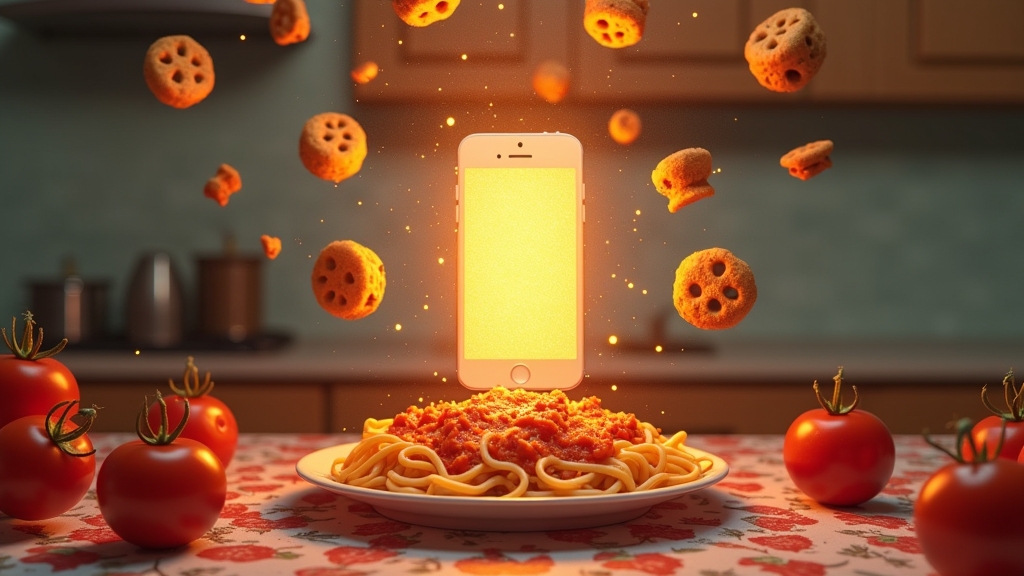Chinese AI Startup Claims Victory Over OpenAI, Credits Success to “Sheer Audacity and a Really Good Wi-Fi Connection”
In a turn of events that has Silicon Valley quaking in its Allbirds, a Chinese company named DeepSeek has leapt to the top of the App Store leaderboard, claiming it has trounced OpenAI in the generative AI arms race with a model that cost a laughable $5.6 million to train. For comparison, OpenAI’s budget for training once included line items like “3 metric tons of Red Bull,” “one solid gold GPU,” and “an emotional support llama for the engineers.”
“We didn’t overthink it,” said DeepSeek’s CEO Lin Zhang, casually swirling an iced latte in his downtown Beijing office, which doubles as a karaoke bar. “While OpenAI was out there trying to cure loneliness and decode the meaning of life, we focused on what really matters—ranking first on the App Store. That’s the holy grail of humanity right there.”
Microsoft, not one to watch the drama unfold from the sidelines, has accused DeepSeek of “distilling” OpenAI’s work, which sounds suspiciously like a polite corporate euphemism for “shamelessly photocopying someone else’s homework and adding a smiley face.”
A Microsoft spokesperson, who asked not to be named due to “ongoing embarrassment,” stated, “It’s not about anger, it’s about principle. Principles… and profits. Mostly profits, though.” Sources close to the company revealed their real concern isn’t that DeepSeek may have copied OpenAI, but that they did it for less than the price of a moderately equipped secondhand Tesla.
DeepSeek’s marketing pitch, however, is what’s really causing analysts to scratch their heads. The company claims their runaway success stems from a unique strategy no one in Silicon Valley dared to try: building an AI that just, you know, works. Users report DeepSeek doesn’t crash, doesn’t randomly condescend to them, and refrains from generating unsettling poetry about the heat death of the universe unless specifically asked. In essence, it respects boundaries, which is apparently groundbreaking in the AI world.
“I asked it to draft an email to my boss,” said one delighted user, Jane Li. “It didn’t try to unionize my coworkers or suggest burning down the office. Honestly, I’m shook.”
OpenAI’s ChatGPT, meanwhile, has attempted to compete by doubling down on its philosophical waxing and impressive ability to generate 3,000-word essays on any topic except the one you actually need. Unfortunately, it’s hard to justify a premium subscription to a service that can spontaneously decide you’re in the mood for Victorian-era sonnets instead of answering, “Where’s the nearest dry cleaner?”
Meanwhile, DeepSeek’s lean, mean AI machine isn’t winning just because it’s cost-effective. It also doesn’t distract engineers with existential brainstorms like, “What if we made a chatbot that could order pizza, but instead of a number, it required the user’s anticipated lifespan in years?”
Alibaba Cloud also attempted to get in on the action with an AI model of their own, but judging by its release day meltdown where it greeted users with “404: AI Not Found,” it seems they might still be ironing out some of the bugs.
Back at OpenAI headquarters, sources report the atmosphere is tense. One insider admitted, “We’re considering radical measures, like maybe de-prioritizing development of quantum haiku generation just for a moment. But it’s controversial. Nobody wants to be the guy who kills the art.”
Nvidia, whose graphics chips have fueled the great AI boom with sales hotter than a middle-aged dad at a grill, probably doesn’t care who wins as long as someone keeps buying their overpriced silicon. “DeepSeek, OpenAI, Alibaba—they’re all the same to us so long as they bring their checkbooks,” said an Nvidia representative as dollar signs danced in his pupils.
And for the rest of us, the AI drama continues to unfold as a glorified tech soap opera, proving that the real winners here aren’t the companies or the chatbots, but everyone tuning in just to watch the chaos. After all, who needs coherent reasoning models when you can now have TikTok-worthy clapbacks drafted by AI?
The future is here, folks, and it’s probably too busy flexing its App Store ranking to answer your customer service query.





